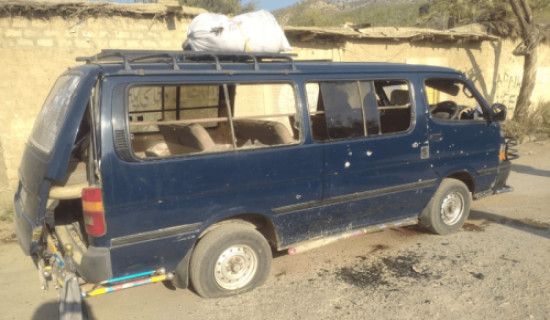- Saturday, 23 November 2024
'Infrastructure and public awareness must for disaster risk reduction'
Kathmandu, Nov 23: Japanese Ambassador to Nepal, Kikuta Yutaka said the disaster-induced risk and loss can be minimized by developing disaster-resilient infrastructure.
At a workshop 'Addressing climate change and natural disaster: Experiences of Nepal and Japan' organized by the Japanese Universities Alumni Association Nepal (JUAAN), he stressed the need to increase public awareness and disaster preparedness, and develop disaster-resilient infrastructure for minimizing potential risks and loss arising from disaster.
Recalling that the Nagdhunga tunnel was used as an emergency route as many roads were blocked due to floods and landslides in various parts of the country, including the Kathmandu Valley in the last monsoon, Ambassador Yutaka said the construction of disaster resilient infrastructure would also help in relief and rescue during natural disasters.
"Both Japan and Nepal are seismic and mountainous countries. Both countries face similar natural disasters every year. In recent years, the impact of natural disasters due to climate change has become catastrophic", ambassador Yutaka said.
"The construction of disaster preventive infrastructure coupled with preparedness and public awareness can reduce the potential damages", the Japanese envoy noted.
JUAAN President Dr Sunil Babu Shrestha shared that the workshop was organized on the theme of disaster preparedness, early warning system and practices to be adopted for disaster response.
He expressed the belief that the workshop would help explore long-term solutions to the issues of climate change and natural disasters. (RSS)




-square-thumb.jpg)
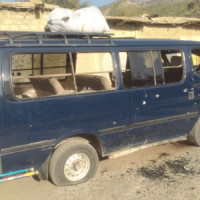
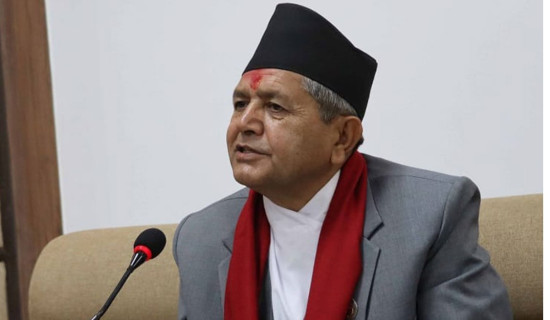
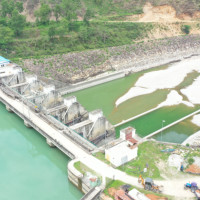

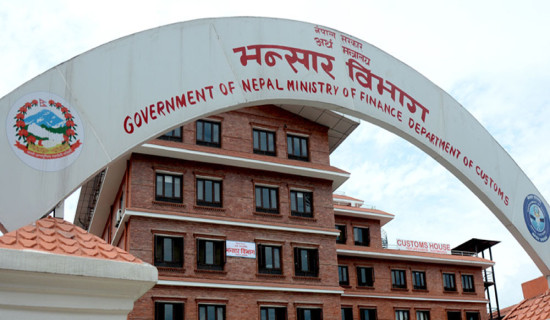

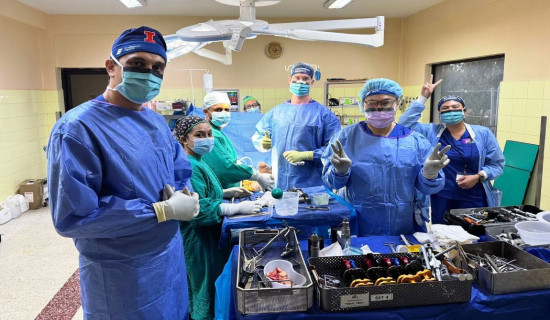
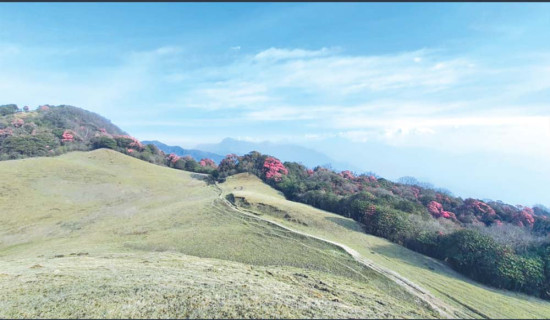
-original-thumb.jpg)
